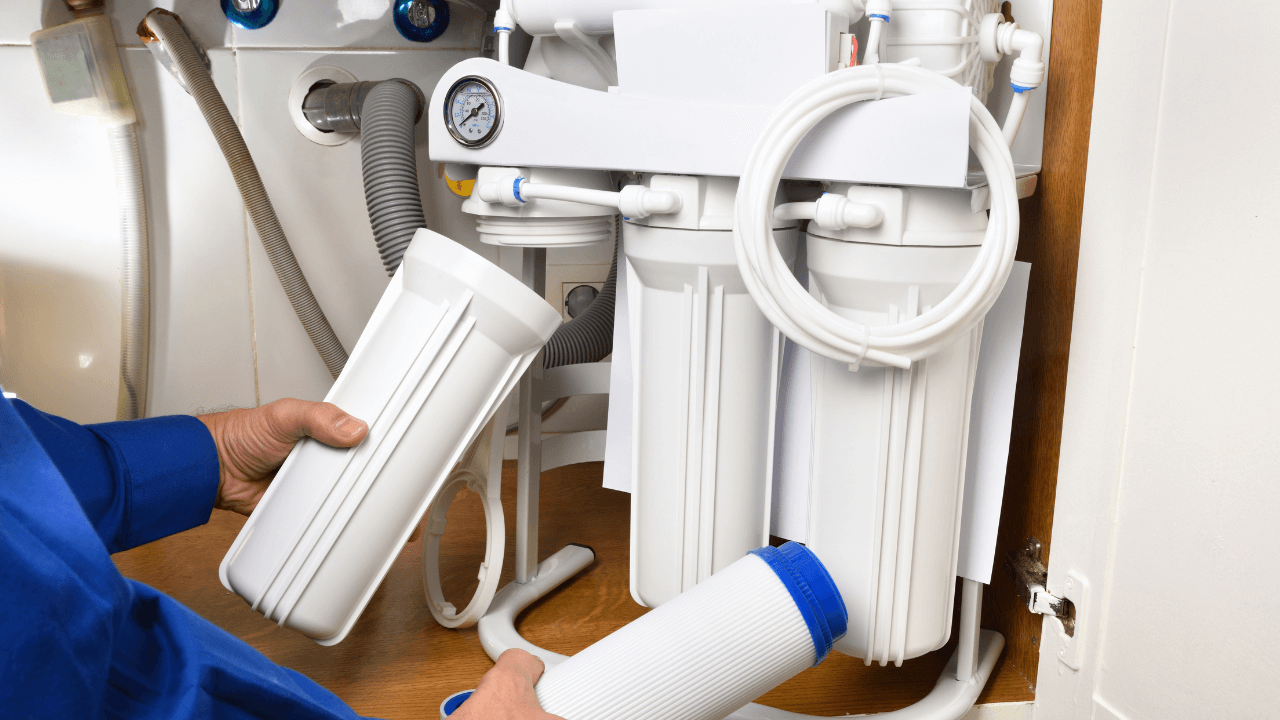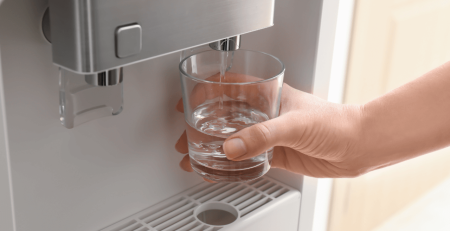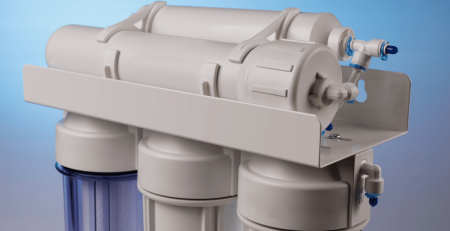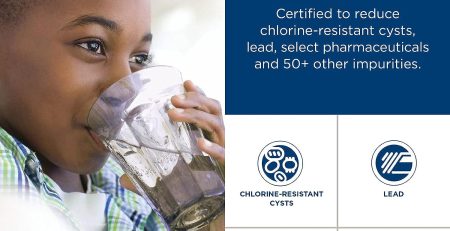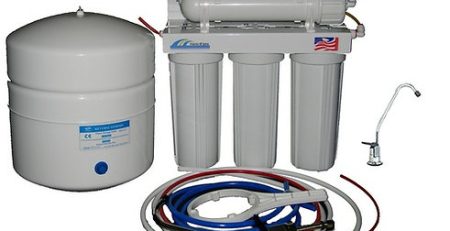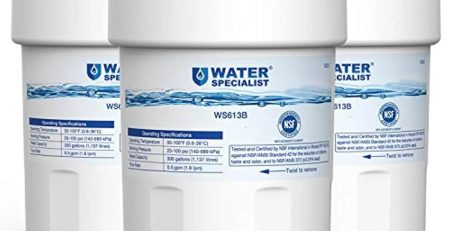The Growing Need for Refrigerator Filters in a World of Polluted Water
Water is a vital resource, essential for life. Yet, in today’s world, the purity of our water is increasingly under threat. Pollution, industrial waste, agricultural runoff, and aging infrastructure have all contributed to the growing problem of water contamination. As a result, many households are turning to refrigerator filters as a reliable solution to ensure their drinking water is clean and safe.
Whether you’re using a Kenmore refrigerator filter, EveryDrop water filter, or GE MWF filter, having a high-quality refrigerator filter is more crucial than ever. In this article, we’ll explore the various factors contributing to water pollution, the importance of refrigerator filters, and how they can protect your family’s health by ensuring access to clean, safe drinking water.
The State of Water Pollution Today
- Understanding Water Pollution
Water pollution occurs when harmful substances—such as chemicals, heavy metals, or microorganisms—contaminate a water source, making it unsafe for drinking, cooking, and other uses. These pollutants can enter water bodies through various means, including industrial discharges, agricultural runoff, improper waste disposal, and even household chemicals.
Pollution doesn’t just affect rivers, lakes, and oceans; it also impacts the groundwater that supplies wells and municipal water systems. As these contaminants accumulate, they pose serious health risks, including gastrointestinal illnesses, reproductive issues, and neurological disorders.
- Sources of Water Pollution
Several major sources contribute to water pollution, each presenting unique challenges for maintaining water quality:
- Industrial Waste: Factories and manufacturing plants often release harmful chemicals and heavy metals into nearby water bodies. Even with regulations in place, accidental spills and illegal dumping can lead to significant contamination.
- Agricultural Runoff: Pesticides, herbicides, and fertilizers used in agriculture can wash into rivers, lakes, and groundwater supplies during rainstorms. This runoff can introduce nitrates, phosphates, and other harmful chemicals into the water.
- Urban Runoff: Cities produce large amounts of runoff from streets, buildings, and parking lots. This water can carry oil, grease, heavy metals, and other pollutants into the water system.
- Aging Infrastructure: Old and deteriorating water pipes can introduce lead, rust, and other contaminants into drinking water. Lead pipes, in particular, are a significant concern for older cities and towns.
- Household Contaminants: Everyday household products like cleaning agents, personal care products, and pharmaceuticals can end up in the water supply through improper disposal.
- The Health Risks of Contaminated Water
Contaminated water poses several health risks, depending on the types of pollutants present. Some of the most common health concerns include:
- Gastrointestinal Illnesses: Contaminants like bacteria, viruses, and parasites can cause illnesses such as diarrhea, nausea, and vomiting. Cryptosporidium and Giardia are two common waterborne pathogens.
- Reproductive and Developmental Issues: Exposure to certain chemicals, such as pesticides and heavy metals, can affect reproductive health and cause developmental problems in children.
- Neurological Disorders: Heavy metals like lead and mercury can damage the nervous system, leading to cognitive impairments and other neurological issues.
- Cancer: Long-term exposure to carcinogenic chemicals, such as certain industrial solvents and byproducts, can increase the risk of various cancers.
Given these risks, ensuring access to clean and safe drinking water is paramount for protecting public health. This is where refrigerator filters play a crucial role.
The Role of Refrigerator Filters in Ensuring Safe Drinking Water
- How Refrigerator Filters Work
Refrigerator filters are designed to remove contaminants from your drinking water, providing a simple and effective way to ensure the water you consume is safe. Most refrigerator filters, such as the EveryDrop water filter and GE MWF filter use activated carbon as their primary filtration medium.
Activated carbon is highly porous, allowing it to adsorb a wide range of contaminants, including chlorine, volatile organic compounds (VOCs), heavy metals, and certain pesticides. As water passes through the filter, these harmful substances are trapped within the carbon’s porous structure, leaving you with cleaner, safer water.
- Types of Contaminants Filtered by Refrigerator Filters
Refrigerator filters are designed to target several common contaminants found in tap water. Here’s a closer look at some of the substances these filters can effectively remove:
- Chlorine: Municipal water supplies often use chlorine as a disinfectant. While effective at killing pathogens, chlorine can leave an unpleasant taste and odor in water. Filters like the Kenmore refrigerator filter effectively remove chlorine, improving both the taste and safety of your water.
- Lead: Lead is a toxic metal that can leach into water from old pipes and plumbing fixtures. Exposure to lead, even in small amounts, can cause severe health issues, particularly in children. Refrigerator filters such as the GE MWF filter are certified to reduce lead levels in drinking water.
- Volatile Organic Compounds (VOCs): VOCs are chemicals that can evaporate into the air and contaminate water sources. They are commonly found in industrial solvents, gasoline, and pesticides. Filters like the EDR4RXD1 are designed to remove VOCs, ensuring your water is free from these harmful substances.
- Pharmaceuticals and Personal Care Products: Traces of pharmaceuticals and personal care products can enter the water supply through improper disposal or runoff. While not all filters are certified to remove these contaminants, high-quality filters like the EveryDrop water filter can reduce their presence.
- Microbial Cysts: Microbial cysts, such as Cryptosporidium and Giardia, are resistant to chlorine treatment and can survive in water supplies. Filters like the WF3CB are effective at trapping these pathogens, reducing the risk of waterborne illnesses.
- The Benefits of Using Refrigerator Filters
Using a refrigerator filter offers several benefits, particularly in a world where water contamination is increasingly common:
- Improved Water Quality: By removing harmful contaminants, refrigerator filters ensure that your drinking water is of the highest quality. This not only protects your health but also enhances the taste and smell of your water.
- Convenience: Refrigerator filters provide a convenient source of clean water directly from your fridge. There’s no need to buy bottled water or install a separate filtration system—clean water is available at the push of a button.
- Cost-Effective: Compared to other filtration methods, refrigerator filters are a cost-effective solution. They are relatively inexpensive to replace and can provide clean water for months before needing a new filter.
- Environmental Benefits: By using a refrigerator filter, you reduce the need for bottled water, which in turn reduces plastic waste. This small step can have a significant positive impact on the environment.
Why the Need for Refrigerator Filters is Growing
- Increasing Awareness of Water Contamination
Public awareness of water contamination issues has grown significantly in recent years. High-profile incidents, such as the Flint water crisis in Michigan, have highlighted the dangers of contaminated water and the importance of safe drinking water. As more people become aware of the potential risks associated with tap water, the demand for effective filtration solutions, like refrigerator filters, has increased.
- Declining Infrastructure and Its Impact on Water Quality
Aging water infrastructure is a significant concern in many parts of the world, particularly in older cities where pipes and treatment facilities may be decades old. As infrastructure deteriorates, the risk of contaminants entering the water supply increases. Refrigerator filters offer a practical solution for households concerned about the quality of their tap water.
- Environmental Changes and New Contaminants
Environmental changes, including climate change, have led to the emergence of new contaminants in the water supply. Extreme weather events, such as floods and droughts, can disrupt water sources and introduce pollutants into the system. Additionally, new chemicals and substances are constantly being introduced into the environment, many of which can eventually make their way into drinking water. Refrigerator filters provide a necessary defense against these emerging threats.
Choosing the Right Refrigerator Filter
- Compatibility with Your Refrigerator
Before purchasing a refrigerator filter, it’s important to ensure that it’s compatible with your refrigerator model. Different filters are designed to fit specific refrigerator brands and models. For instance, the Kenmore refrigerator filter is designed for Kenmore refrigerators, while the GE MWF filter is specifically for GE models. Always check your refrigerator’s manual or consult the manufacturer’s website to find the correct filter.
- Filtration Capabilities
Not all refrigerator filters are created equal. Some filters are more effective at removing specific contaminants than others. When choosing a filter, consider the types of contaminants present in your water and look for a filter that targets those substances. For example, if lead contamination is a concern, choose a filter certified to reduce lead levels, such as the EveryDrop water filter.
- Certification and Standards
Look for filters that are certified by reputable organizations like NSF International. NSF certification indicates that the filter has been tested and verified to reduce specific contaminants. Filters like the EDR4RXD1 and WF3CB are NSF certified and provide assurance that they meet strict standards for water filtration.
- Filter Lifespan and Replacement Frequency
Refrigerator filters need to be replaced regularly to maintain their effectiveness. Most filters, such as the ADQ36006101 and W10295370, have a lifespan of about six months, depending on usage and water quality. Regularly replacing your filter ensures that it continues to provide clean, safe water.
How to Maintain Your Refrigerator Filter for Optimal Performance
- Regular Replacement
As mentioned earlier, regular replacement of your refrigerator filter is crucial for maintaining water quality. Set a reminder to replace your filter every six months or as recommended by the manufacturer. Some refrigerators have indicators that alert you when it’s time to change the filter.
- Proper Installation
Proper installation is key to ensuring that your filter works correctly. Follow the manufacturer’s instructions carefully when installing a new filter. If the filter isn’t installed correctly, it may not function properly, leading to poor water quality.
- Flushing the Filter
After installing a new filter, it’s important to flush it before use. Flushing involves running several gallons of water through the filter to remove any carbon dust or loose particles. This ensures that the water you drink is clean and free of impurities.
- Monitoring Water Quality
Even with a high-quality filter, it’s a good idea to periodically monitor your water quality. If you notice any changes in taste, odor, or appearance, it may be time to replace the filter or have your water tested for contaminants.
Conclusion: The Essential Role of Refrigerator Filters in a Polluted World
In a world where water pollution is an ever-growing concern, the need for reliable water filtration solutions has never been greater. Refrigerator filters provide an accessible, cost-effective, and efficient means of ensuring that your family has access to clean and safe drinking water.
By choosing a high-quality refrigerator filter from Filter For Fridge, such as the Kenmore refrigerator filter, EveryDrop water filter, or GE MWF filter, you can protect your family from the dangers of waterborne contaminants. Regular maintenance and proper usage of your filter will help ensure long-term health benefits and peace of mind.
Invest in a refrigerator filter today and take the first step toward safeguarding your family’s health in a world where clean water is becoming increasingly scarce.

